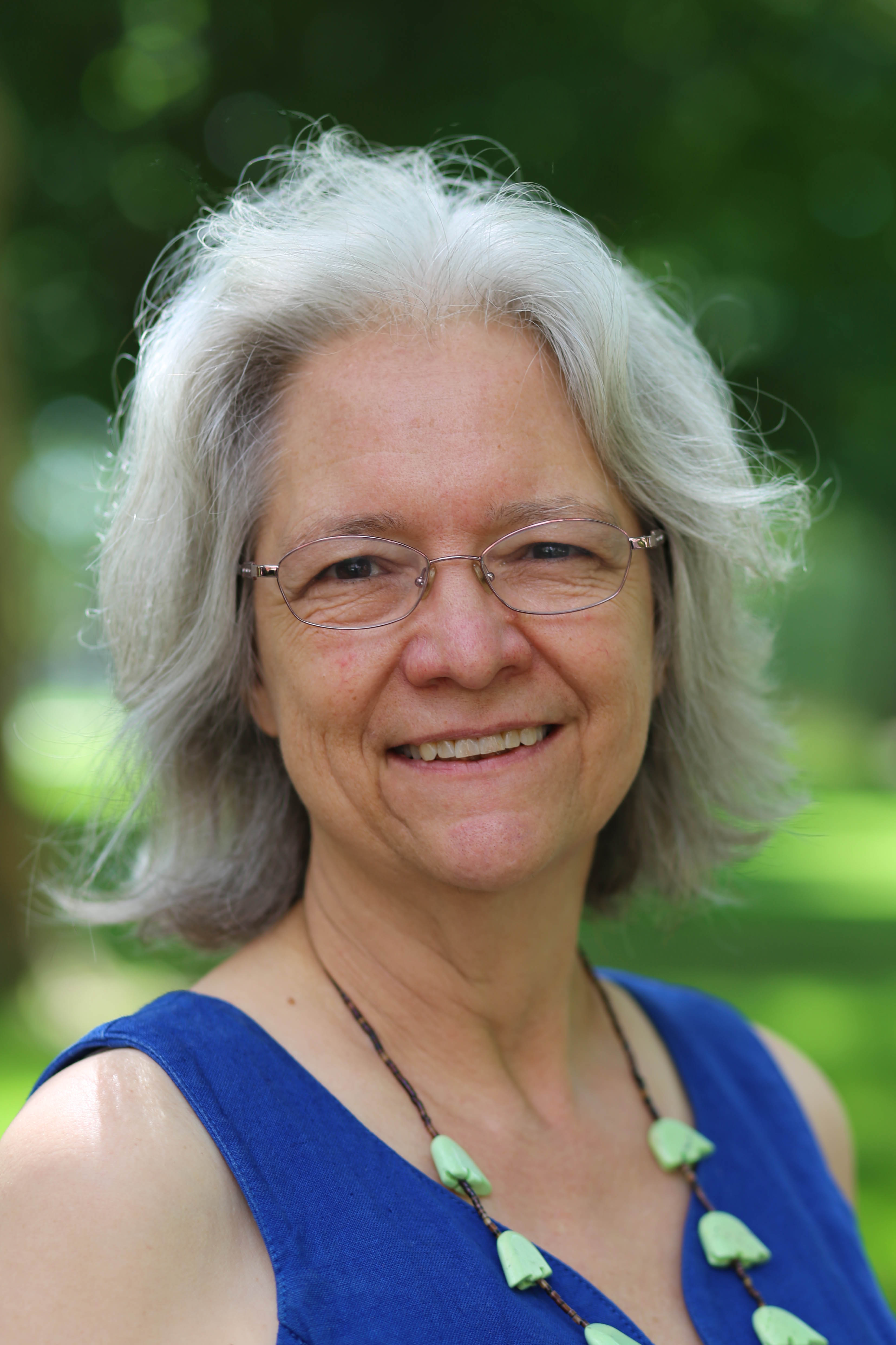“What does it mean to study abroad well?” asks Duane Stoltzfus, editor of this engaging, thoughtful guide to studying and serving abroad.
Nearly 8,000 students and dozens of faculty have participated in Goshen College’s Study Service Term (SST) since the program launched in 1968. On the cusp of the program’s 50th anniversary, its third generation of participants is well poised to offer thought-provoking responses to this question.
The eighteen essays in this collection—written by student participants, faculty leaders, and a country coordinator—offer glimpses into the unique approach of this 12-week program that combines language and cultural learning with service and homestays. More than 80% of Goshen College students participate in the program that embodies the Goshen College motto, “Culture for Service.”
The structure of SST enables “teaching by example, showing rather than explaining,” writes Paul Keim, Professor of Bible and Religion and leader of SST trips to Germany and Morocco. In such a setting “every day becomes a learning laboratory.”
By juxtaposing stories of faculty leaders and students, and incorporating passages from student journals, the collection demonstrates this learning by example. Faculty essays also model the use of writing as a tool for cross-cultural processing, something required of students. The book is intended for use in current and future SST units, but it will also be of great interest to directors of other service learning programs as well as to former participants of SST.
Celia Vasquez, the country coordinator for Peru SST, says that this work helped her cross bridges in her own home country of Peru. Africanist and SST leader to Senegal and Tanzania Jan Bender Shetler reflects on the meaning of gifts in African cultures and the challenges gift-giving poses to American visitors. Before a recent trip to Morocco, I found her essay helpful in learning to be more comfortable with the Moroccan culture of bargaining. Katie’ Hurst’s companion essay on her experience as a student navigating her host brothers’ bids for her iphone also helped me move beyond the “white guilt” of “having stuff,” to consider the consequences of fulfilling the request for only one of the brothers.
Essays on language learning as a form of cultural insight, on spiritual development, on developing confidence and coping strategies, on dealing with grief and loss at home while abroad, on developing cultural competency—cover multiple dimensions of the “elephant” of SST, as evoked by Keith Graber Miller in his thoughtful reworking of the old story, and shows how many of them overlap.
As Ervin Beck notes in this issue, Goshen’s International Literature course, one of the first of its kinds in the US, followed the SST program by five years. The climate that fostered the education of such notables as Ellah Wakatama Allfrey and Sofia Samatar, whose work is featured in this issue, began in stories of travel and continued with the integration of intercultural learning into the Goshen curriculum. SST continues to provide a structure in which many more stories can be created and experienced. Savor this refreshingly honest and insightful selection of personal essays to get a sense of what it means to serve and learn across cultures in a meaningful, relationship-oriented exchange.
